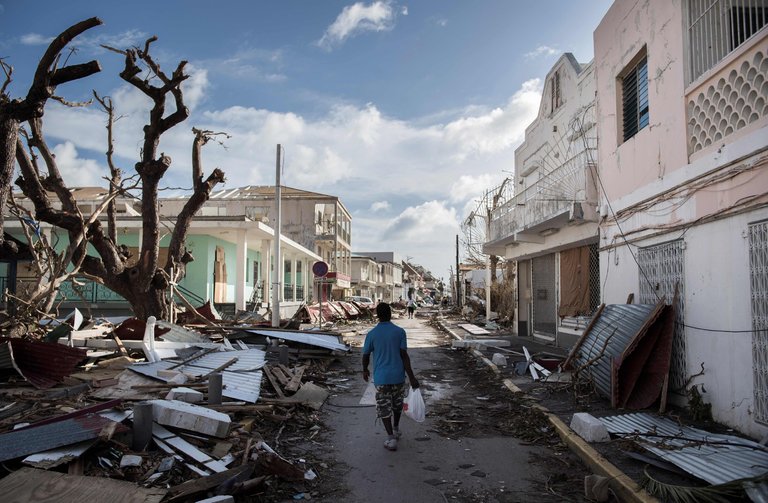
South Sudanese patients wait for medical treatment in the outpatient department of a medical camp.
Photograph: AFP/Getty Images
Oxfam’s water and sanitation coordinator writes about the challenges of bringing South Sudan’s cholera outbreak under control
theguardian.com - by Katrice King - August 6, 2015
“I have no money to continue buying water. I will have to beg from those at the borehole or from the water trucks. Or else, I go back to the village,” a mother of five told me recently. . . .
. . . This is the agonising reality of families I have met in parts of Juba; they are struggling to cope with a worsening water crisis fuelled by the deteriorating economic situation in South Sudan. As a result, the city is now left exposed to the spread of deadly diseases.
Cholera has already claimed 42 lives since May – including seven children – and has infected more than 1,400 people. . . .
. . . If the water shortages continue, hygiene conditions in the most affected areas will worsen and people will have no alternative but to use unprotected sources such as rivers and open wells, exposing more people to cholera.











Recent Comments